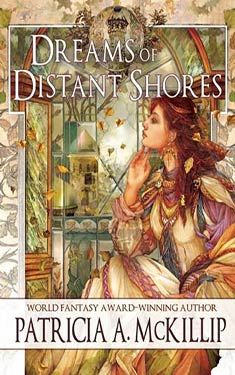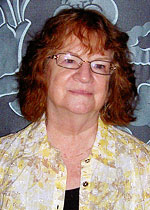
The Magicians is part of the Syfy network’s ambitious new slate of scripted genre programming. The series is based on Lev Grossman’s popular trilogy, which begins with a novel of the same name. I reviewed the Grossman’s The Magicians here, though I have not read the following two novels. The first book features a miserable young man, Quentin Coldwater, who is accepted into the magical academy of Brakebills. The story follows Quentin and his friends, both through their school days and their eventual journey to the magical world of Fillory (based very loosely on Narnia). Though it seems to draw influence from the Chronicles of Narnia as well as Harry Potter, The Magicians is definitely not a story suited for children (see the content warning at the end for details). The television show roughly follows the story of the first novel, though it includes in parallel content from later in the trilogy as well. I had a lot of fun watching the show, though I felt like it had some missteps.
Any adaptation generally diverges in some ways from the original work, and Syfy’s The Magicians is no exception. It stays more or less true to the very basic plot (as far as I’m aware), but viewers hoping for the nihilism and ennui of the novel will likely be disappointed. I appreciated the atmosphere of the novel, but I think I prefer some of the tonal changes that were made for the television adaptation. For one thing, the characters all seem much less unconditionally miserable. Quentin is shown to be struggling with depression, but seeing the story from outside his head keeps the focus more on his actions. He also has some surprisingly endearing quirks, like his ridiculous dreams and his fondness for Taylor Swift. While Eliot spends some time drowning in grief and substance abuse, his behavior is clearly triggered by his experiences in the show and not just a general malaise. Finally, while the show does have a lot of grimness and shocking violence, it manages to balance it out with well-placed humor. I have to appreciate a story this dark that can consistently make me burst into laughter.
The first season of the show includes not only Quentin’s time at Brakebills, but also the parallel story of his childhood friend Julia, who is rejected from Brakebills despite her magical talent. Julia’s story was new to me, but I thought it made a lot of sense to keep her side of things moving. What’s more, they started tying in the Fillory content from the very first episode (through ominous dreams), which seems a nice way to indicate the direction of the main plot. However, this means that the show began with a massive amount of characters and subplots that it wanted to introduce right away. This made the first few episodes feel especially rushed, as well as making the characters initially feel a little one-note. It took a while for me to be really invested in the characters, but it did happen before the end of the season. Past the first few episodes, things began to slow down a little bit, and each of the characters began to develop through their individual stories.
As much as I’ve been enjoying the show, there are a few things that bug me along the way. First, I feel like the child abuse is included only for shock value, and I don’t think it is kind to ascribe child abuse to a fictional character that is obviously based on a deceased actual person. Second, they currently seem to fall several times into a common television trope that requires gay people to never have happy endings. Finally, there is a general lack of focus in the show, with side plots that are often randomly dropped and never mentioned again. The most egregious example of this is Quentin’s father’s terminal illness, which seems to be introduced solely to teach Quentin that magic can’t solve everything. However, he doesn’t really try very hard before giving up on his father, and then he never mentions or contacts him again. Several of the others have similar glitches like this (Alice’s grief for her brother, Julia’s relationship with her fiancé, etc...), which unfortunately undermines my perception of the coherence of their character. Despite these significant complaints, though, I have actually been enjoying the show, and I am excited to see what everyone will do in the second season. I’m hoping that the show continues to grow and improve as it moves forward!
Content warning: language, sexual content, violence, substance abuse, child abuse, sexual violence.

